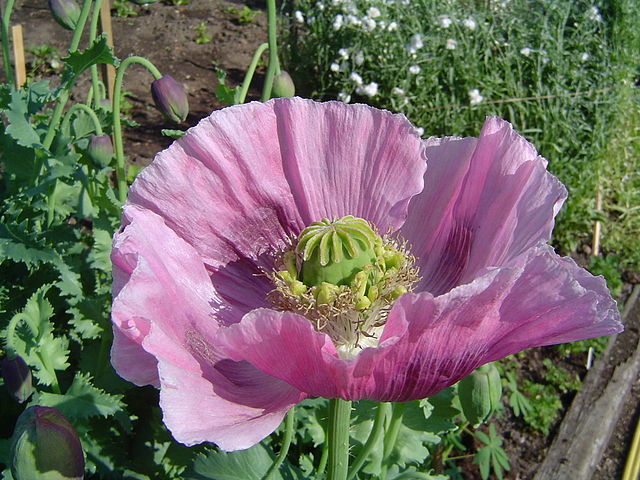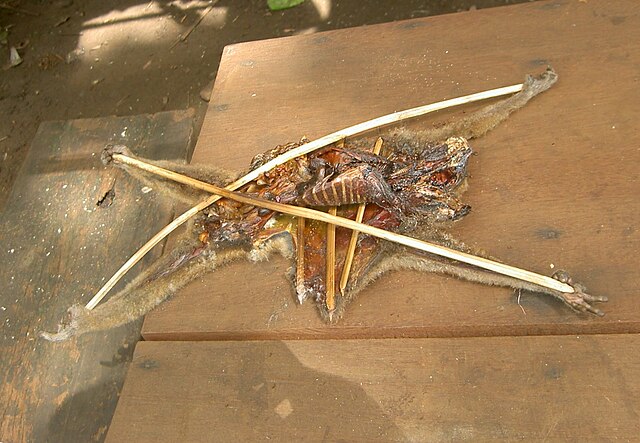Ethnomedicine is a study or comparison of the traditional medicine based on bioactive compounds in plants and animals and practiced by various ethnic groups, especially those with little access to western medicines, e.g., indigenous peoples. The word ethnomedicine is sometimes used as a synonym for traditional medicine.
The opium poppy Papaver somniferum, used in traditional medicine for millennia, is the source of the alkaloids Opium, morphine, codeine and heroin.
Traditional medicine comprises medical aspects of traditional knowledge that developed over generations within the folk beliefs of various societies, including indigenous peoples, before the era of modern medicine. The World Health Organization (WHO) defines traditional medicine as "the sum total of the knowledge, skills, and practices based on the theories, beliefs, and experiences indigenous to different cultures, whether explicable or not, used in the maintenance of health as well as in the prevention, diagnosis, improvement and treatment of physical and mental illness". Traditional medicine is often contrasted with scientific medicine.
Traditional medicine in a market in Antananarivo, Madagascar
Botánicas such as this one in Jamaica Plain, Boston, cater to the Latino community and sell folk medicine alongside statues of saints, candles decorated with prayers, lucky bamboo, and other items.
Curandera performing a limpieza in Cuenca, Ecuador
Sometimes traditional medicines include parts of endangered species, such as the slow loris in Southeast Asia.





